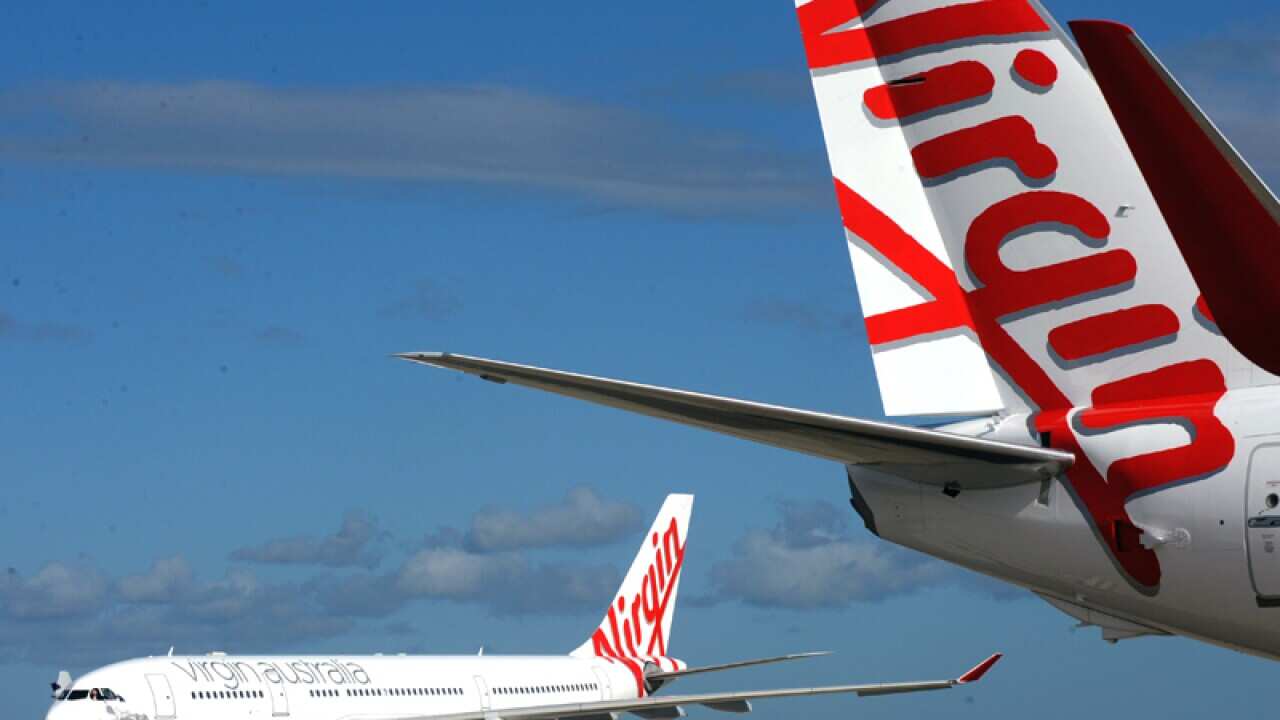Virgin Australia expects to notch up an underlying profit in the second quarter as its fierce war with Qantas for customers eases.
Chief executive John Borghetti told the airline's annual general meeting on Wednesday there were signs conditions were moderating in the domestic market.
"While the domestic market continues to suffer from over capacity, there is evidence that this is easing," he said.
Mr Borghetti said while there was still uncertainty about the economy and consumer sentiment remained subdued, Virgin expected to produce an underlying profit in the second quarter of the 2015 financial year.
The airline in August unveiled a massive $355.6 million loss for 2013/14, following a bruising capacity war with Qantas, and outlined plans to cut costs by $1 billion over three years.
Rival Qantas recently confirmed it made an underlying profit in the September quarter, and expected to deliver an underlying profit in the first half partly because the battle for domestic market share had cooled.
Mr Borghetti said in four years Virgin had increased the percentage of domestic revenue from the corporate and government market from around 10 to more than 25 per cent.
"We are in a position where we are still continuing to win corporate share, which gives us better yields," he said.
Virgin also expects its budget airline Tigerair to break even by the end of the 2016 financial year, six months earlier than forecast.
Virgin recently announced it was taking complete ownership of Tigerair Australia by buying the remaining 40 per cent it did not already own.
Mr Borghetti said significant savings were expected from operating efficiencies that would lift the budget carrier's revenue.
At the meeting, some shareholders expressed disappointment about executive pay packages at Virgin.
Mr Borghetti's remuneration package was worth $4.1 million last financial year, surpassing that of Qantas boss Alan Joyce.
The Australian Shareholders' Association cast proxy votes against the company's remuneration report at the meeting.
However, it was a moot point, as the airline's four major shareholders, Etihad, Singapore Airlines, Air New Zealand and Virgin Group founder Richard Branson voted in favour of the executives' pay.

